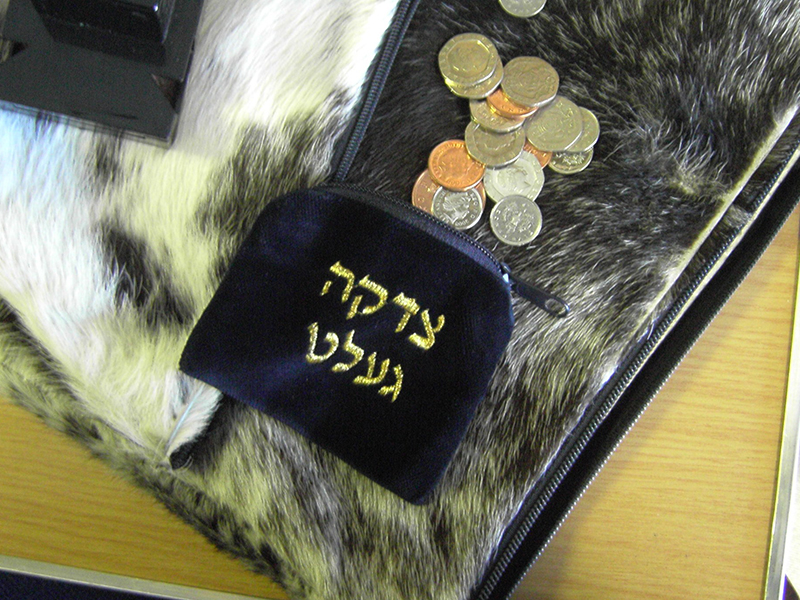The prayer Unetaneh Tokef, which we say on Rosh Hashanah, speaks about the power of charity as one of three actions – along with repentance and prayer – that can remove an evil divine decree. But it is not so simple to just give away your hard-earned money. We all, in our deepest of hearts, want to give charity, but it isn’t something that comes easily to everyone. How can we make giving charity easier?
Parashat Ki Tavo demonstrates a method to make it easier to give generously. In this portion, we read about the process of bringing the bikurim (first fruits), which are designated as an offering to God at the beginning of the harvest season. Before bringing the bikurim, there is an obligation to recite a historical overview recounting the events that brought the giver to this point in time, tracing all the way back to the forefathers.
This seems to be excessive. What does the history of the Jewish people have to do with bringing fruits to the Beit ha-Mikdash (Temple)?
As you can imagine, the first fruits of your harvest, which you had been working hard for many months to cultivate, are not so easy to give away. When you reflect on history and recognize what God does for you, and that everything you have truly comes from Him, it makes it easier to part with your first fruits.
This insight is the help we need right before Rosh Hashanah to give charity generously. Realizing that God is the true source of all that is yours makes it easier to donate money that you earned, through your hard work, to a worthy cause.
We should view ourselves as caretakers of the resources that have been entrusted to us by God. As we approach Rosh Hashanah, may we be able to report to God that we have responsibly taken care of His world and given back some of what we have.









